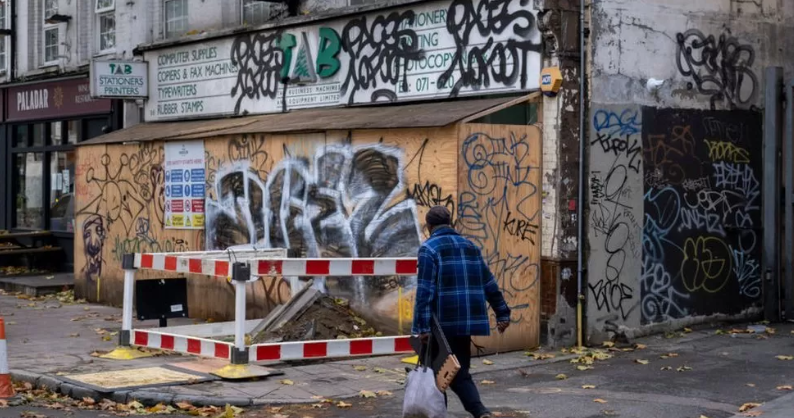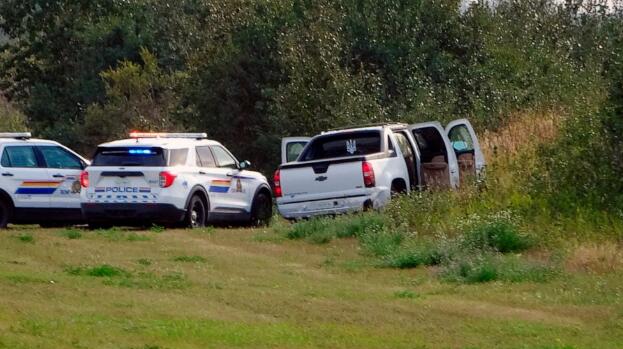Councils are frequently failing to use their powers to tackle anti-social behaviour, a watchdog has found.
The Local Government and Social Care Ombudsman cited cases including a victim being told a neighbour’s 13-hour long party did not warrant action.
The watchdog said it upheld three-quarters of the cases it had investigated in the past year and found fault in how the council had acted.
Councils said they took a “balanced and proportionate” approach to complaints.
A report published by the ombudsman on Wednesday highlighted issues including long delays responding to complaints, referring people to the police instead of taking action and failing to liaise properly with other agencies.
It said out of the 63 cases it had investigated in the last year – ranging from low-level issues such as dog-fouling and inconsiderate parking to more serious harassment and intimidation – 51 were upheld.
In one case a resident complained to the council about a neighbour’s party with loud music which lasted more than 13 hours.
Despite another party a few weeks later, he was told by the council that its policy would only consider taking action if he recorded six incidents within 25 days.
The ombudsman said the council’s policy was too inflexible and recommended it was reviewed.
Another case saw a man complain to his council about his neighbour placing bagged dog faeces outside his window in a bin until collection day, shouting abuse and throwing tennis balls at him.
The council decided it was not anti-social behaviour but a private dispute over rights of access to a courtyard area behind their properties and that he should report the incidents to the police.
The ombudsman said the council was at fault and should apologise.
Councils have a range of powers to tackle anti-social behaviour, including community protection notices for issues like noise and litter. Failure to comply with a notice to stop the behaviour is a criminal offence.
They can also apply to the courts for an injunction to stop individuals engaging in certain behaviour – and if they fail to do so the council can apply to issue a warrant for their arrest.
However, the ombudsman found councils were either not using these powers or did not fully understand them.
The Local Government Association, which represents councils, said anti-social behaviour could have “a devastating impact” and councils were committed to working with partners and communities to protect residents from offenders.
A spokesperson said: “Councils will always take a balanced and proportionate approach to using the tools at their disposal to tackle crime and anti-social behaviour [ASB] and so it is vital all agencies – including the government – ensure all measures in the ASB Plan launched earlier this year are adequately resourced.”
Prime Minister Rishi Sunak has pledged to crack down on anti-social behaviour, setting out an action plan earlier this year.
It included increasing the use of hotspot policing, forcing people who vandalise public spaces to repair the damage they cause and extending powers to disperse groups to councils.


